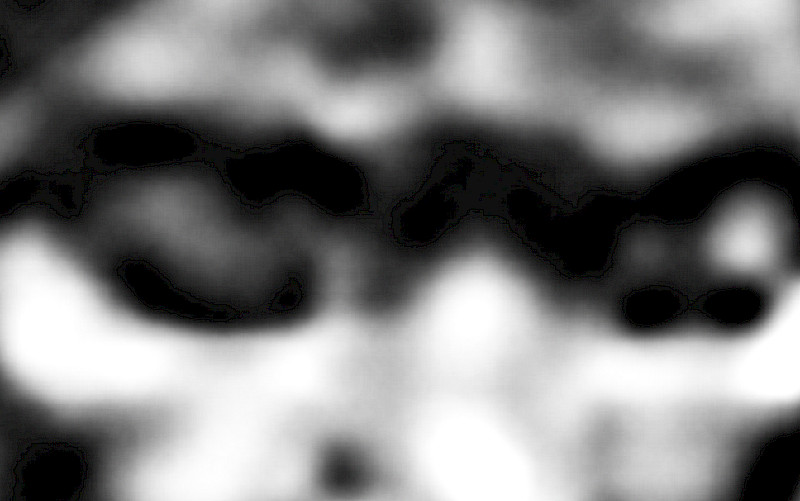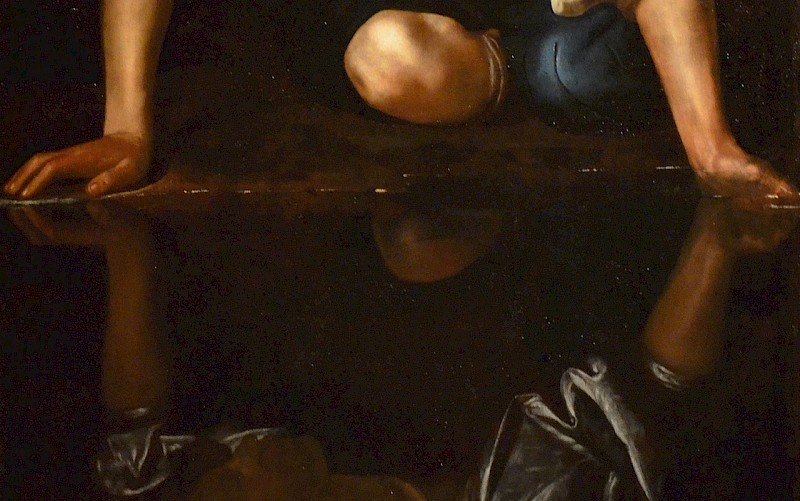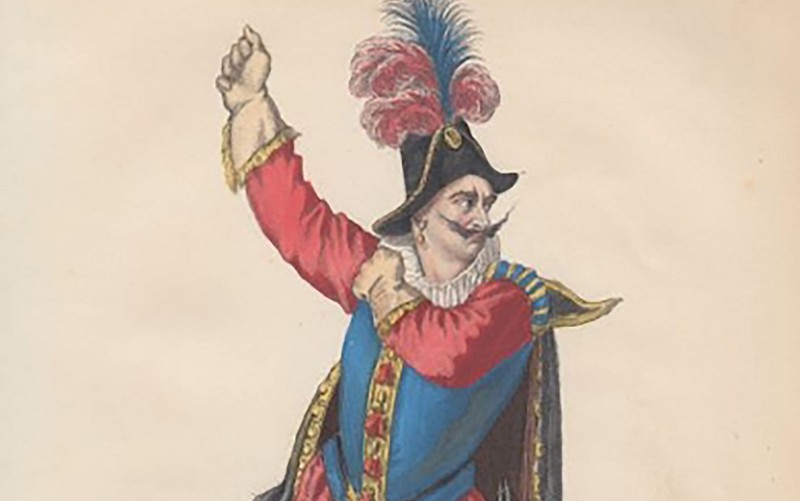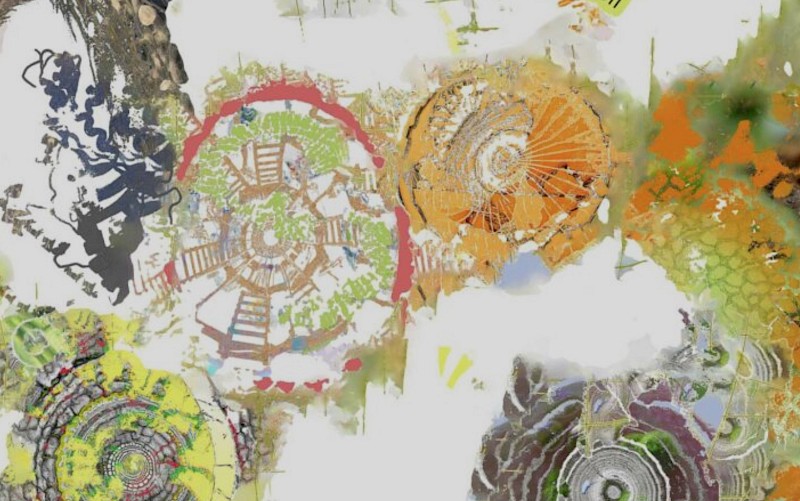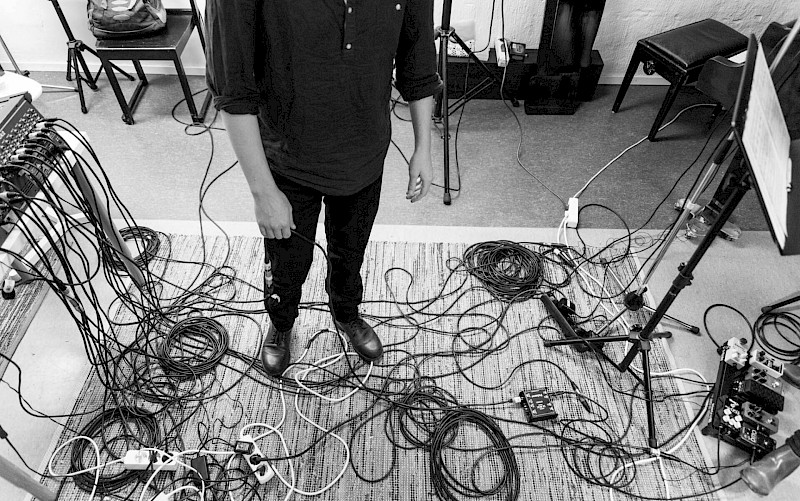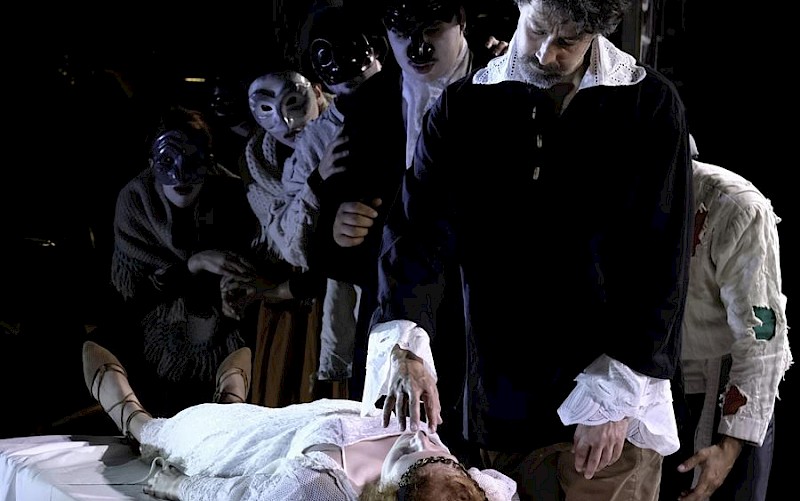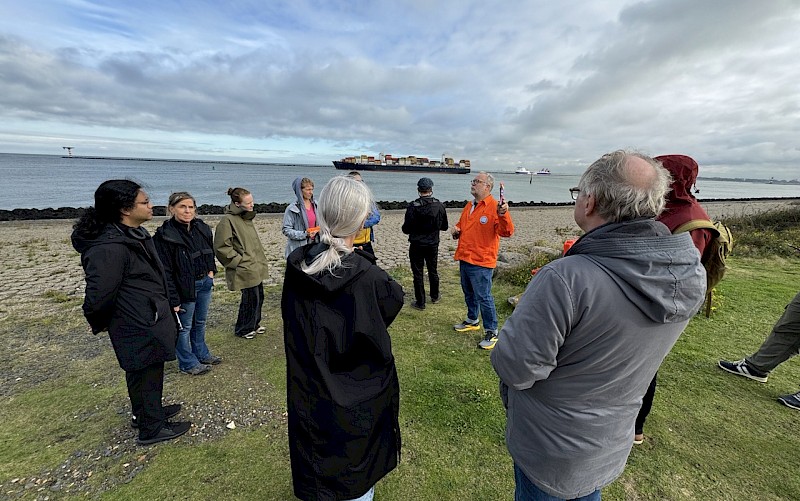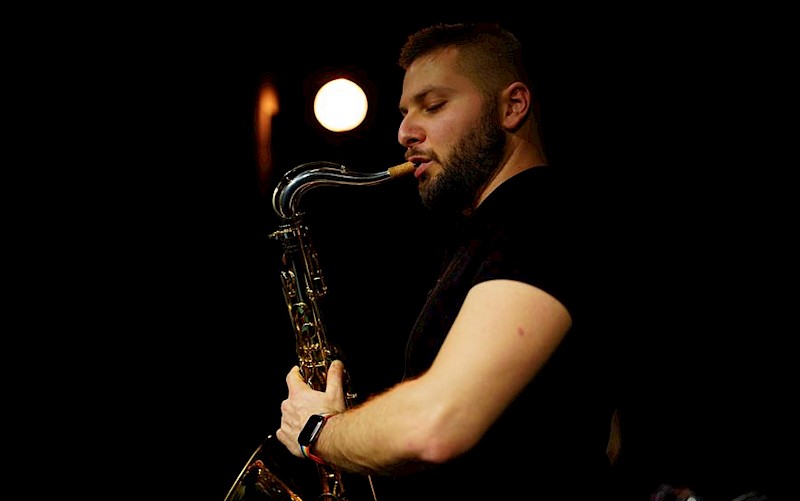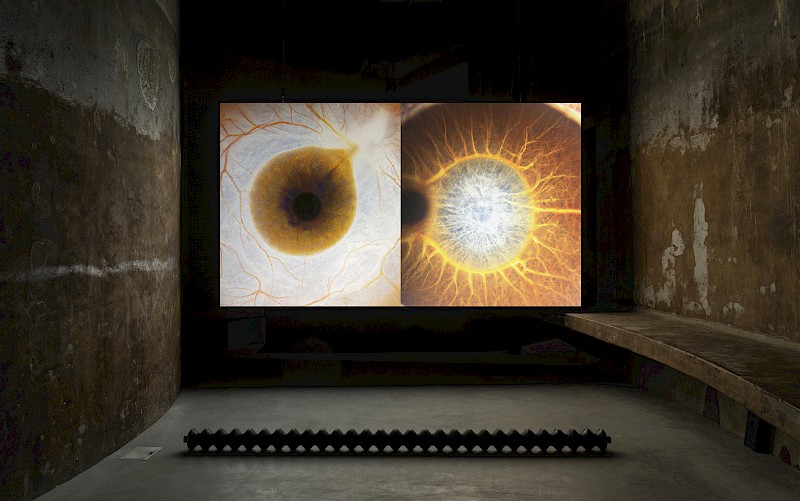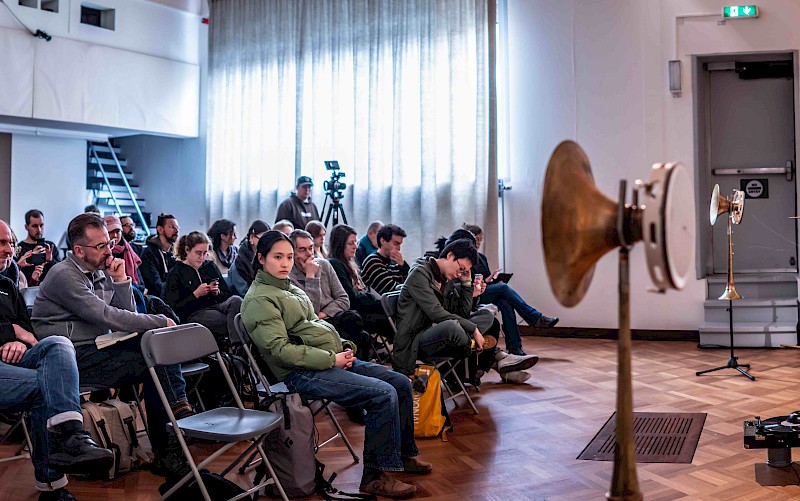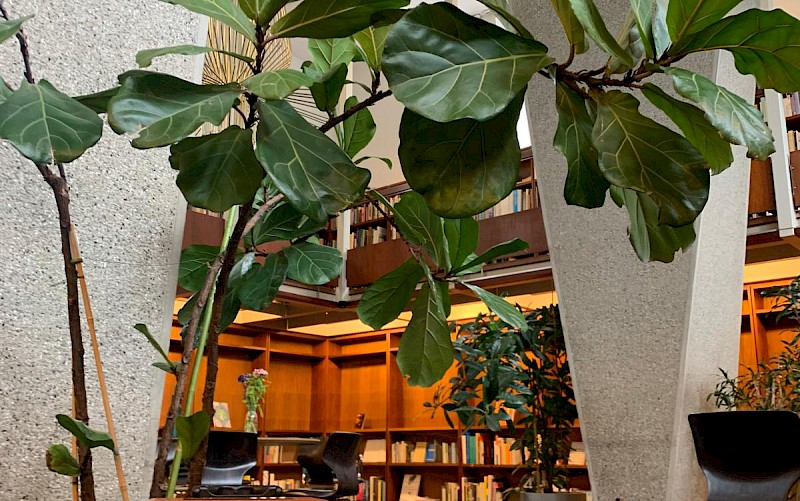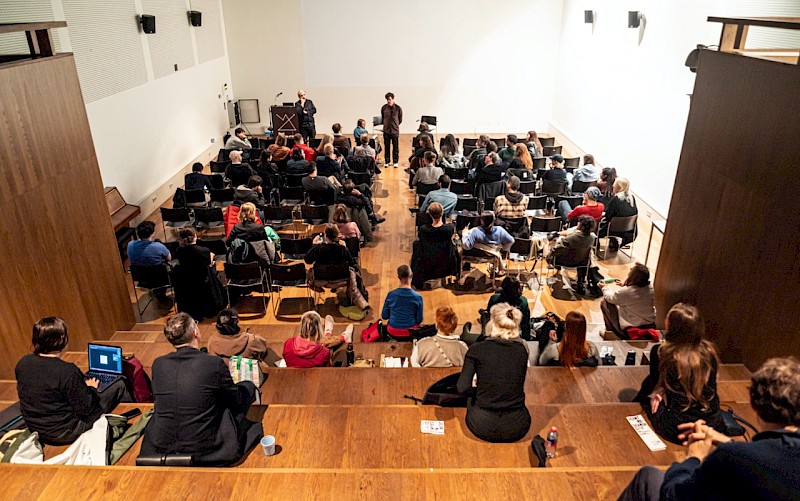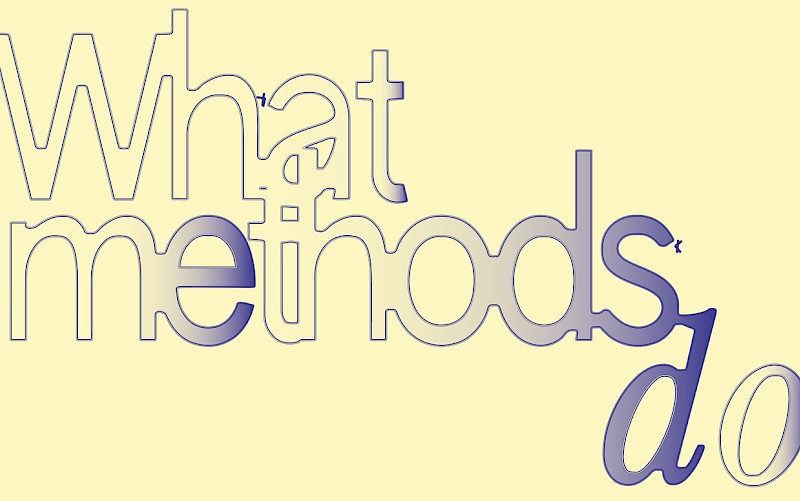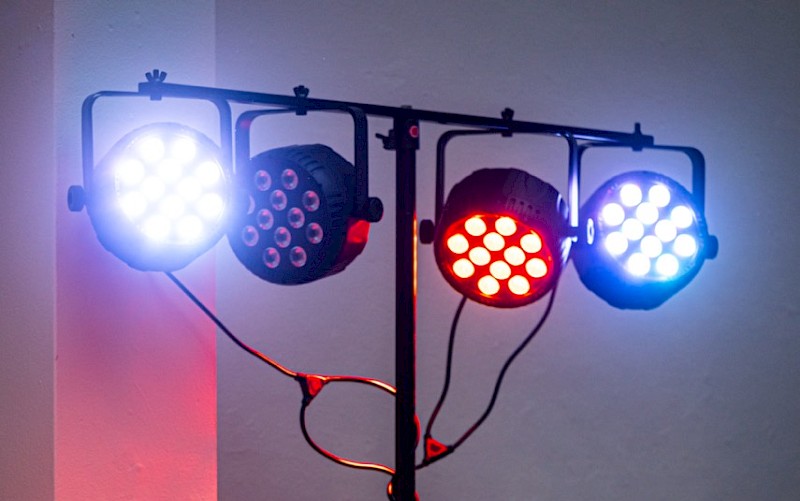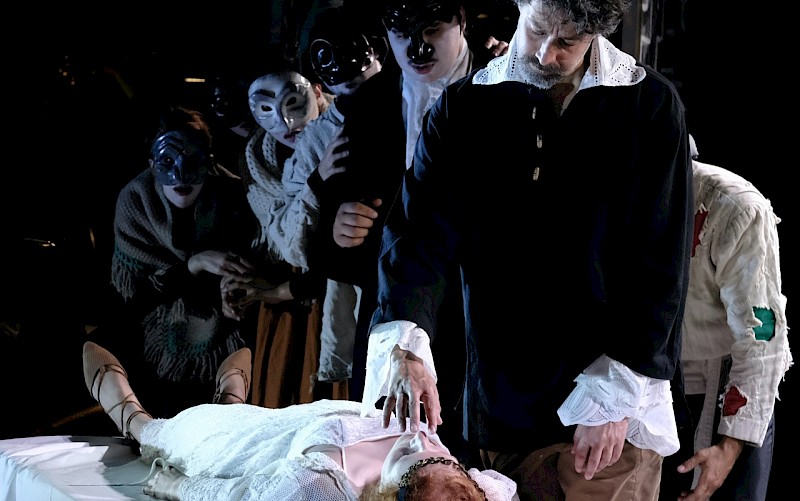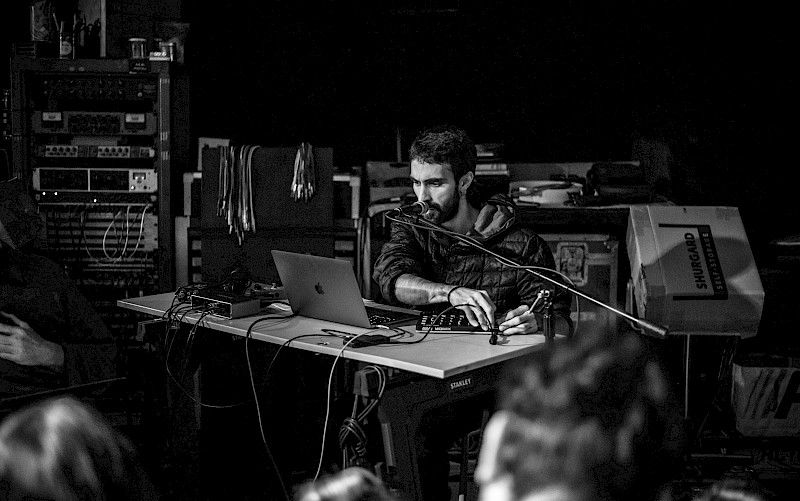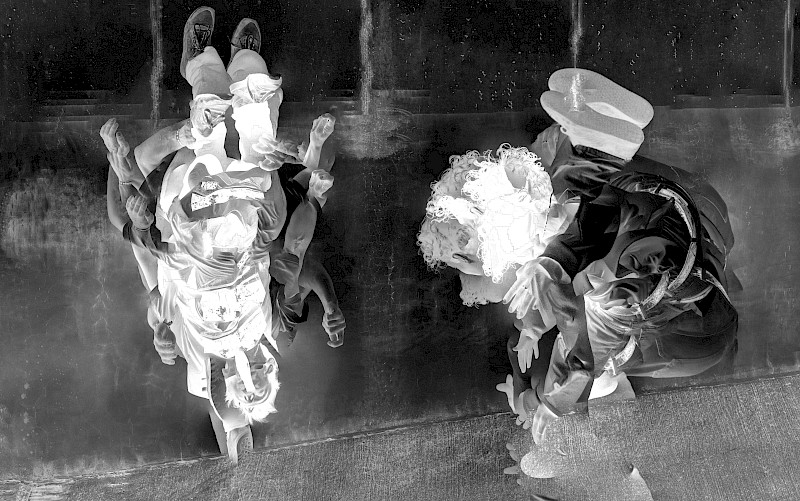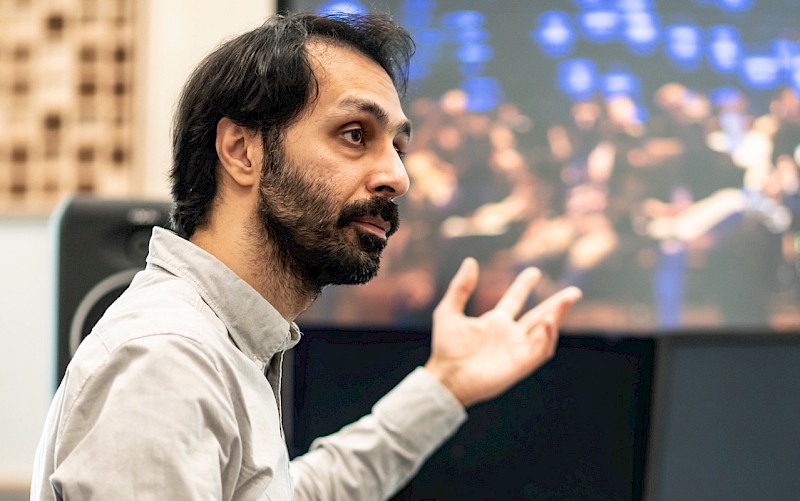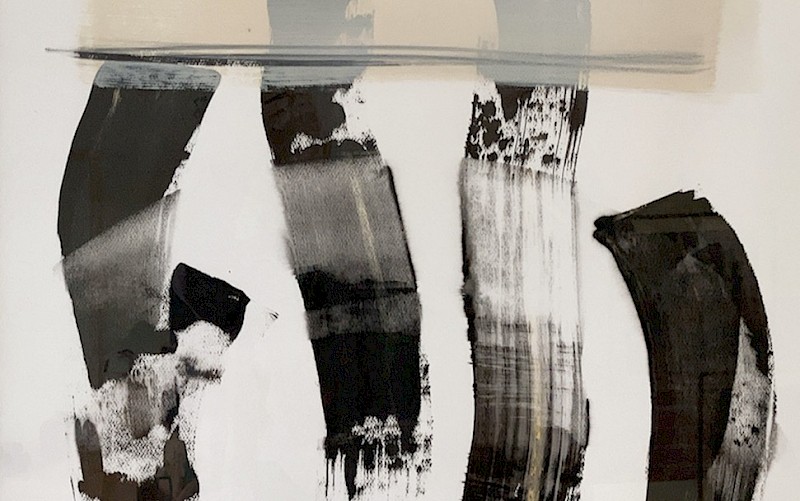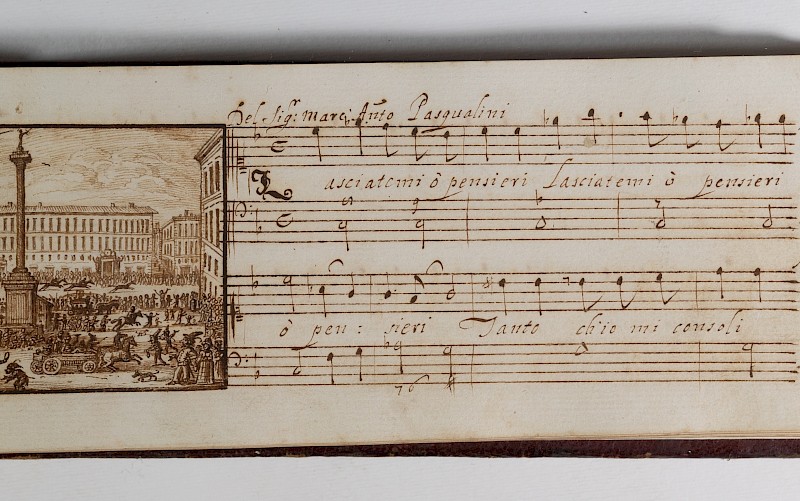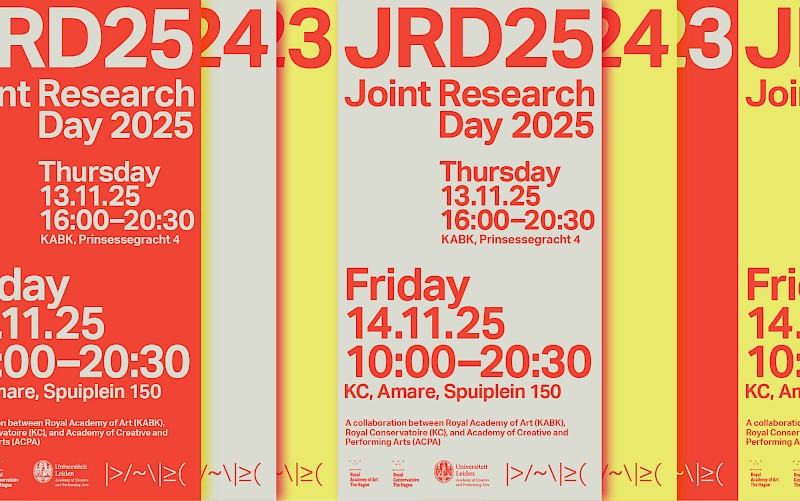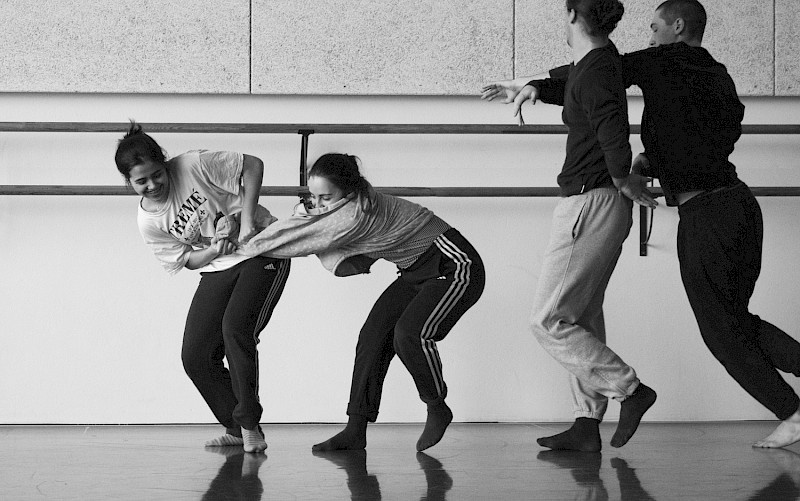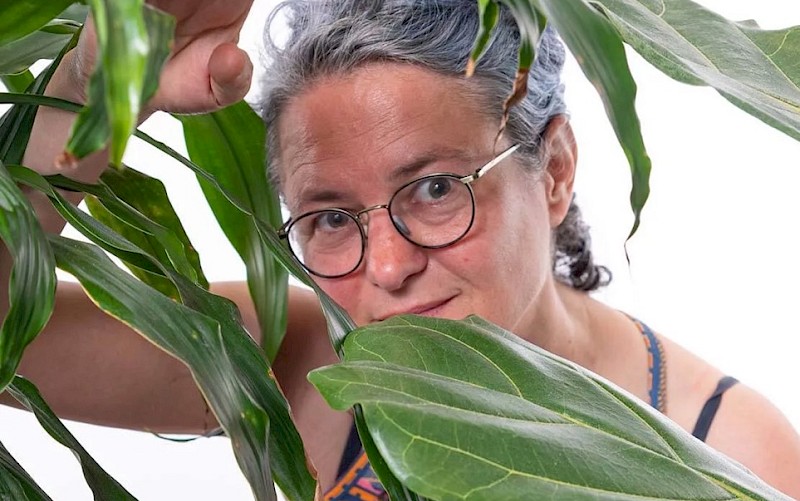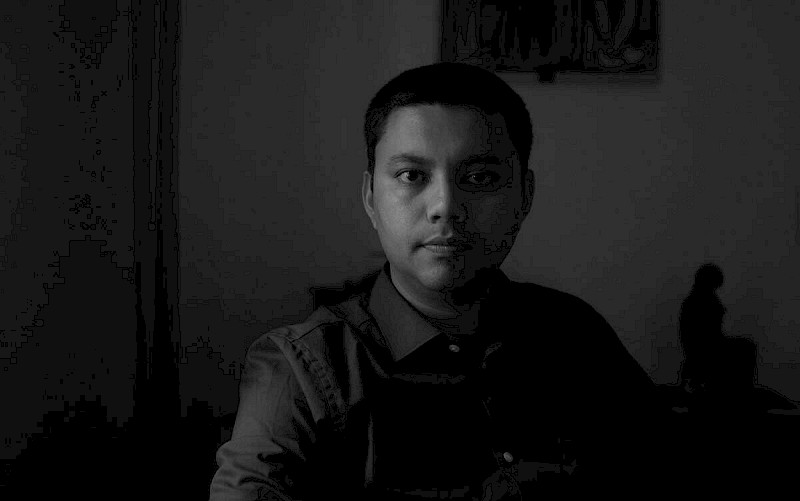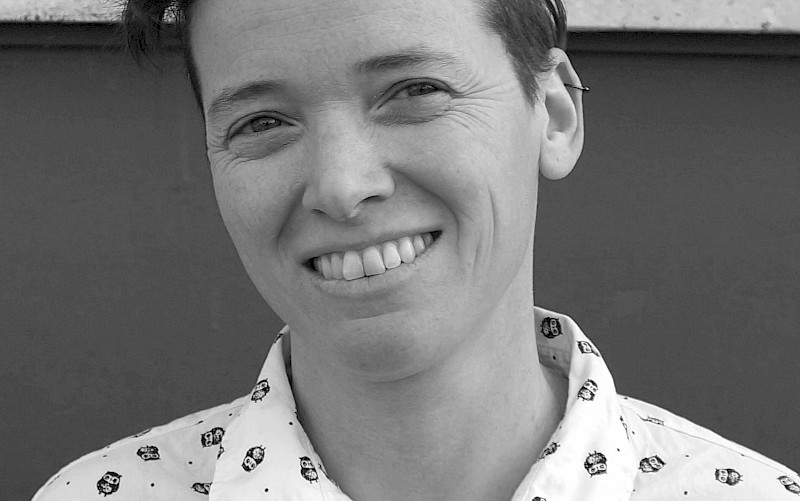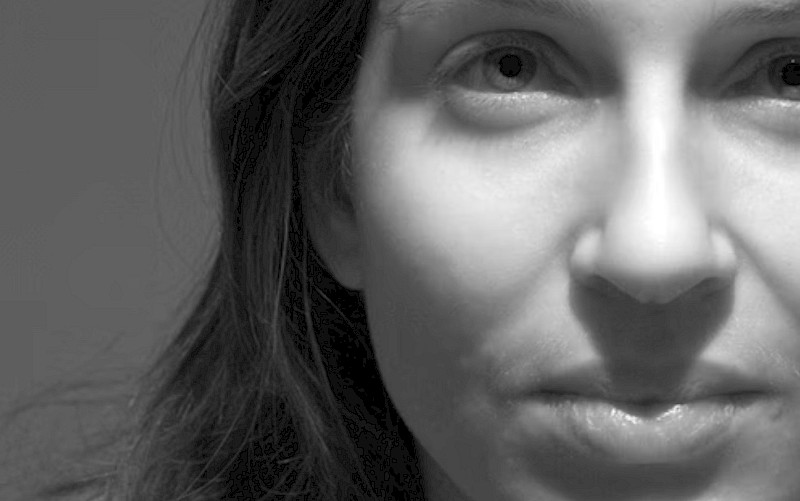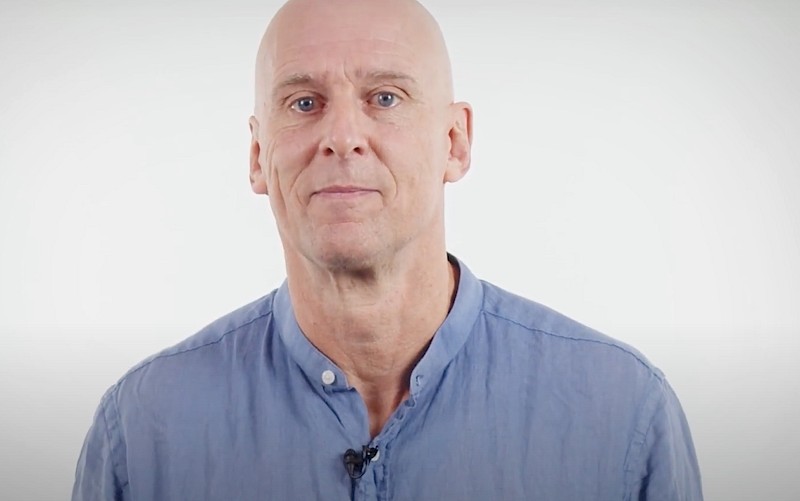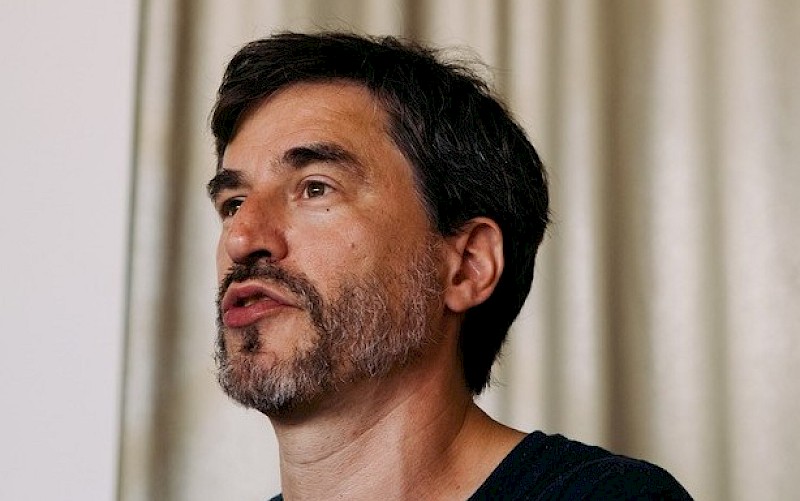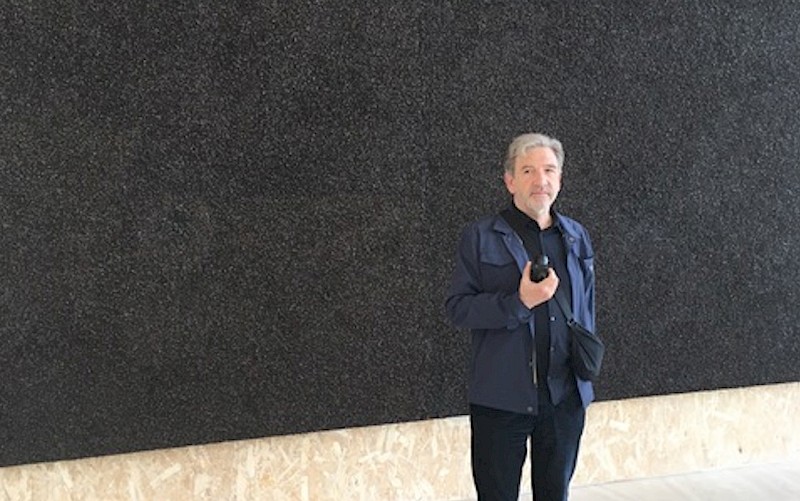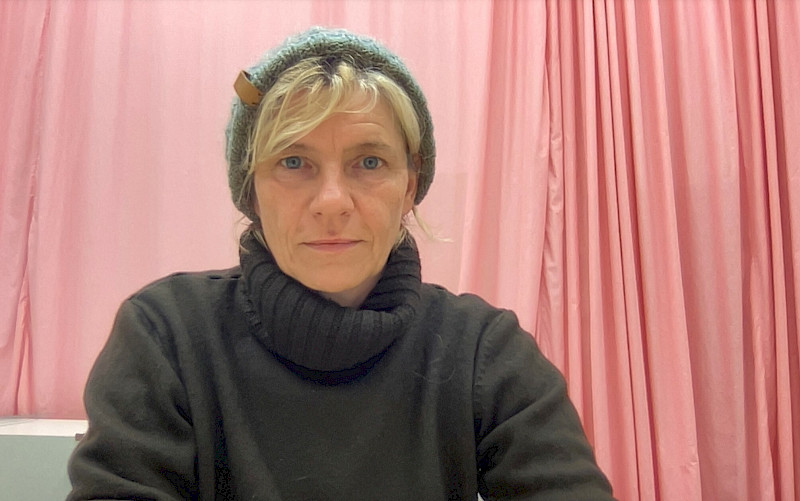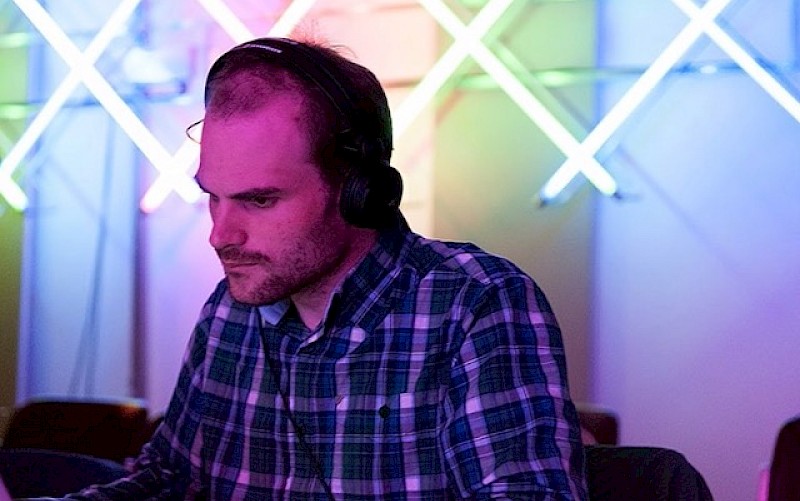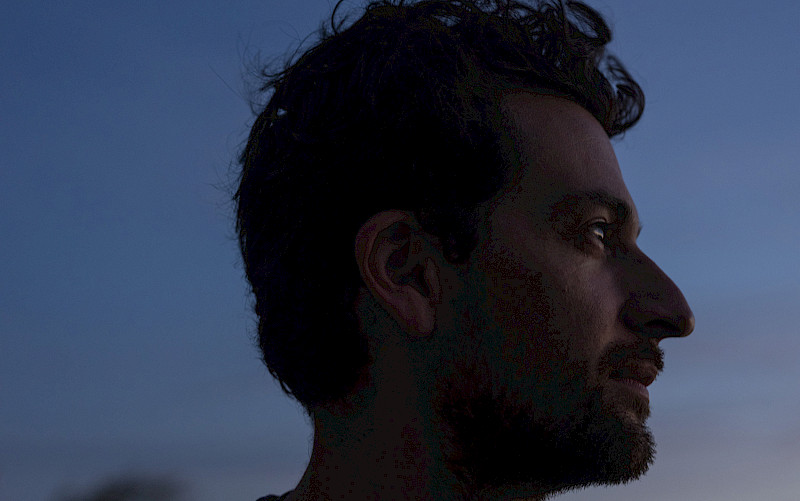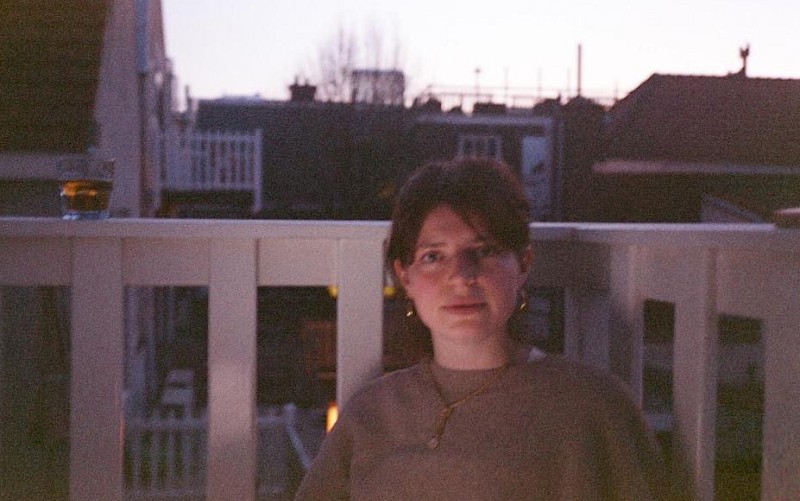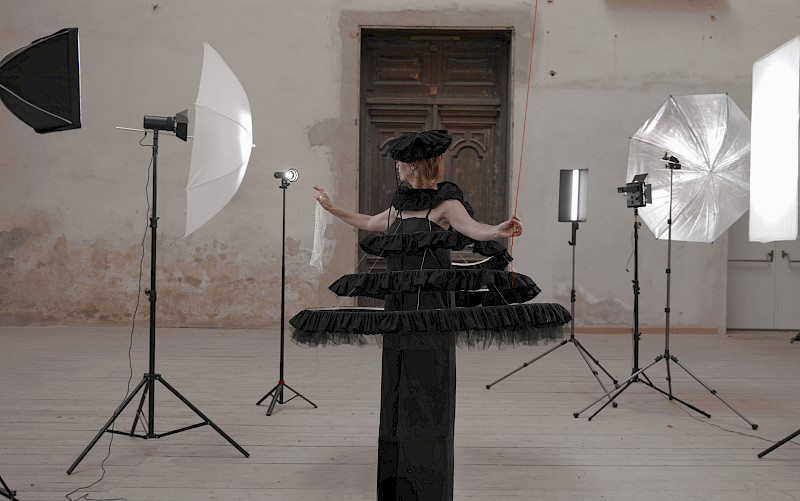Ebifananyi : a study of photographs in Uganda in and through an artistic practice
In Luganda, the widest spoken minority language in Uganda, the word for photographs is 'ebifananyi'. However, 'ebifananyi' does not, contrary to the etymology of the word photographs, relate to light writings. 'Ebifananyi' instead means things that look like something else. 'Ebifananyi' are likenesses. This research project of Andrea Stultiens explores the historical context of this particular conceptualisation of photographs and its consequences for present day visual culture in Uganda. It also discusses the artistic practice as research method, which led to the digitisation of numerous historical collections of photographs. This resulted in eight books and in exhibitions that took place in Uganda and in Europe. The research was conducted in collaboration with both human and non-human actors. These actors included photographs, their owners, Ugandan picture makers and visitors to the exhibitions that were organised in Uganda and Western Europe. This methodology led to insights into differences in the production and uses of, and into meanings given to, photographs in both Ugandan and Dutch contexts. Understanding differences between ebifananyi and photographs shapes the communication about photographs between Luganda and English speakers. Reflection on the conceptualisations languages offer for objects and for sensible aspects of the surrounding world helps prevent misunderstandings in communication in general.
Author: Andrea Stultiens
